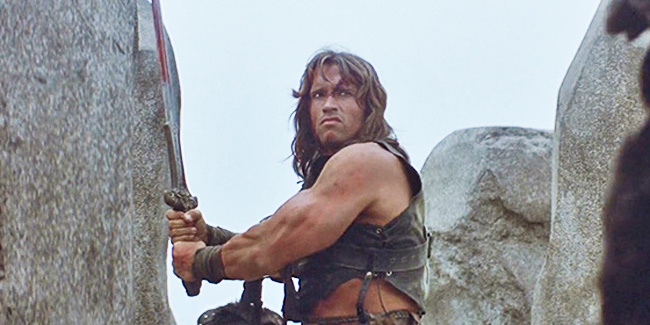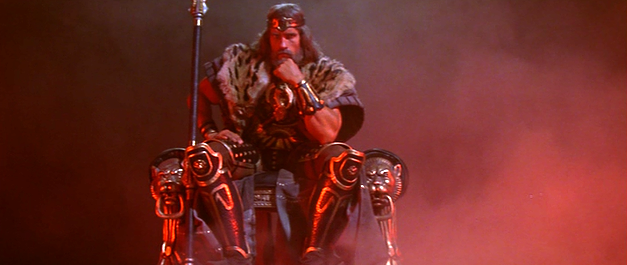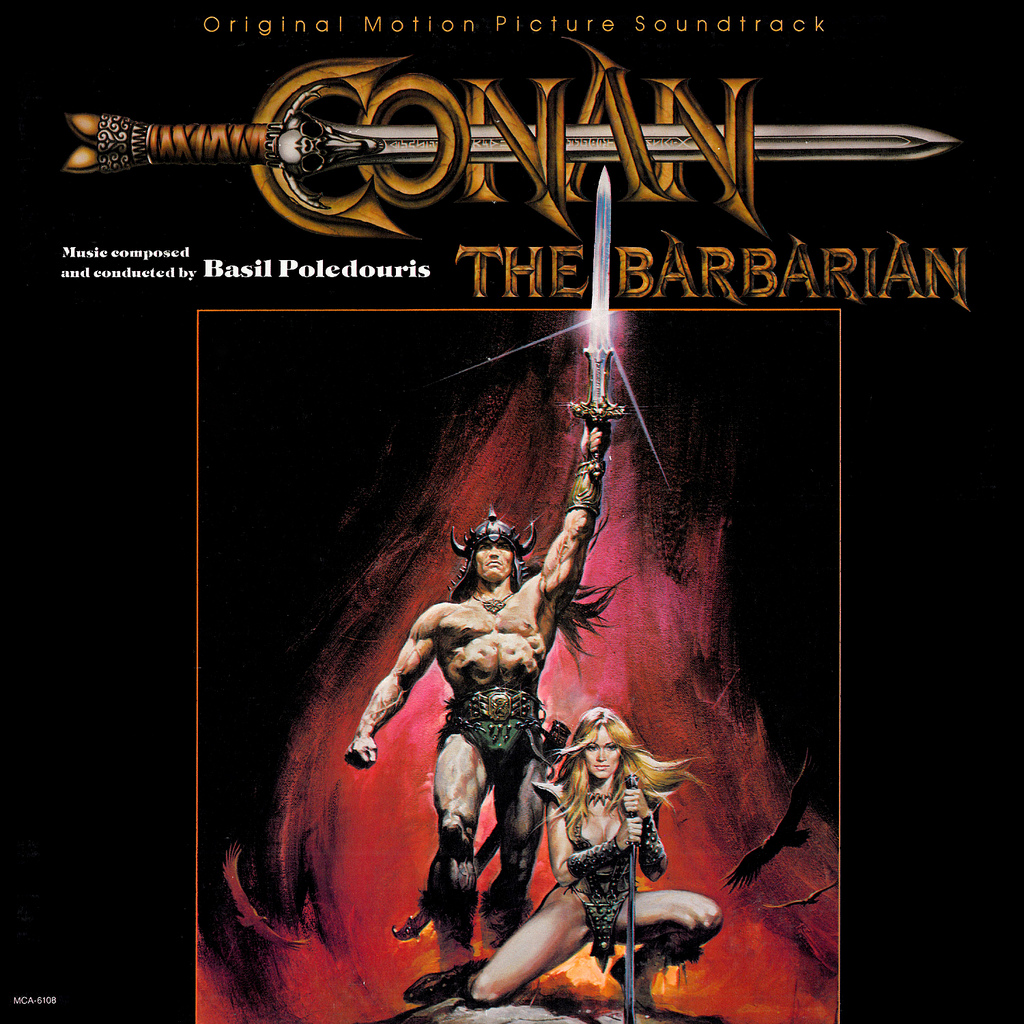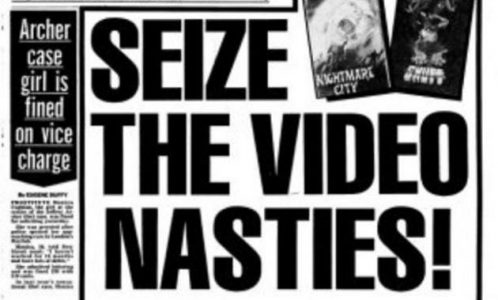I remember quite fondly watching Conan the Barbarian as a young boy with my brother and Dad. There is something in the mix of spirited acting, epic musical scores, cinematography and action scenes that makes the film so fantastic. It is unquestionably a product of the 80s – like a lot of Arnold Schwarzenegger’s back catalogue of movies ( most of which are well worth a watch) – it is completely mired in violence, gore and blood – although I hear reliably not so much as the original Howard Lee stories.

Lots of critics have panned Conan the Barbarian for its violence. Richard Schickel, for example, called it ‘a sort of psychopathic Star Wars, stupid and stupefying’. Robin Wood goes so far as to call it fascist. So I suppose, looking back, I wonder whether they are right. I certainly didn’t think so when I was younger, so should I now? The criticisms of the violence seem rather prudish looking back, when we consider how violent some shows are now. So how is the violence in Conan the Barbarian presented? Is it really psychopathic?
I suppose my shortest answer is no, I don’t think so. With its fantasy sword and sorcery style, the film doesn’t take itself as seriously as some critics suggest (I’m looking at you Robin Wood). The film begins with Conan’s village being destroyed by a band of raiders led by the vicious Thulsa Doom (James Earl Jones). Conan (Arnold Schwarzenegger) is taken into slavery, forced to walk around ‘the wheel of pain’ before being released. On one level, the story is about the action hero who faces adversity, reaches his lowest point and then is ‘reborn’ in almost mythical terms. It is standard archetypal story telling. When compared to other contemporary films from the period, the difference in how beautifully Conan is shot, how well scored the whole thing is, and the memorable cast achieve a spirited (if not flawed) acting performance, then the difference is staggering. There are certainly films in Conan’s genre which are without taste. The violence and sex in some contemporary films is gratuitous and questionable at best, but Conan seems to elevate itself above that successfully, through its tone.

The movie itself is not political commentary – in fact it at times appears far from it. Its swashbuckling adventure style doesn’t exactly scream nuanced storytelling. The script is not written with the deft or skill that some critics seem to simultaneously attribute to it (in subtly portraying fascism), and take away in pointing out how ‘stupid and stupefying’ it is. I think the point here is that the film doesn’t really need to be or deserve to be read in such uncharitable terms. Maybe I’m biased, speaking with rose tinted glasses, but without introducing these political diatribes into the work, it comes across more as a fun action film that you can switch off and relax watching to, rather than Triumph of the Will or some kind of Aryan propaganda. In some profound way, it discredits the film on a level that is unfair.
I’m still not sure, I haven’t made up my mind fully, but it’s given me something to think about. The violence in the film isn’t tasteless by my estimation, but perhaps you might think differently? Give the film a watch.

References
Wood, Robin (2003/1986) “Papering the Cracks: Fantasy and Ideology in the Reagan Era”. Hollywood from Vietnam to Reagan … and Beyond (Revised and expanded ed.). New York: Columbia University Press. pp. 144–167.
